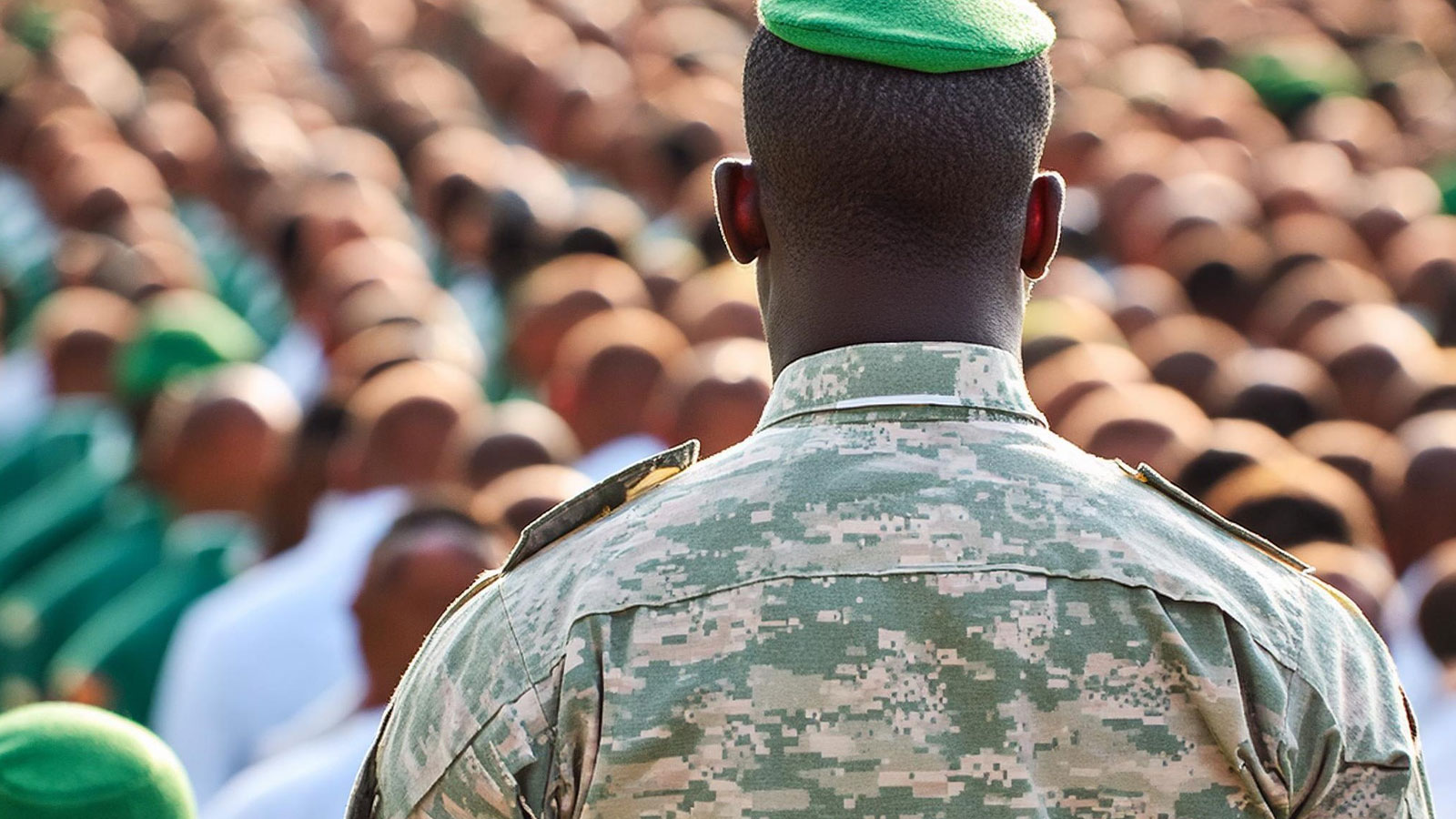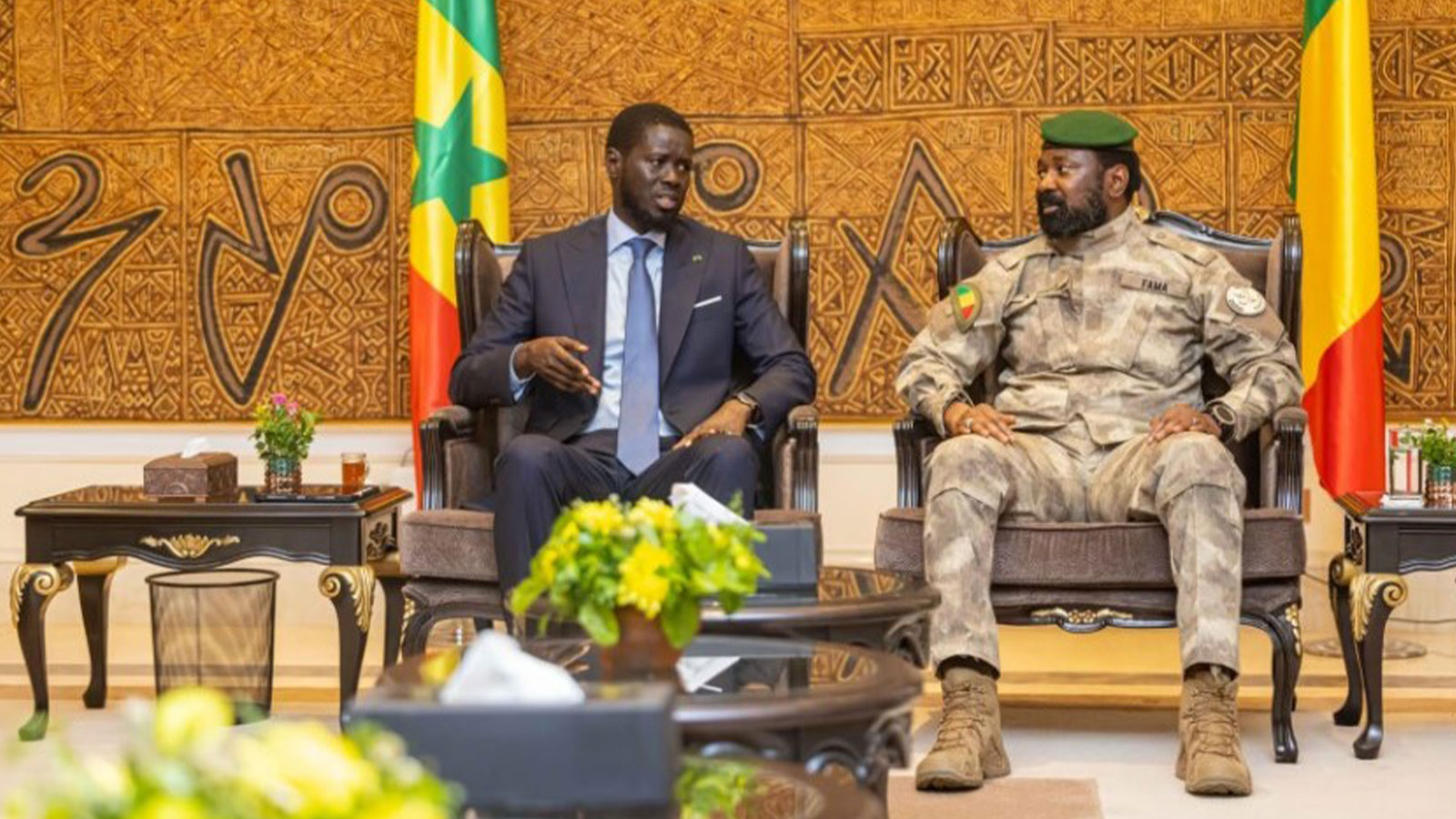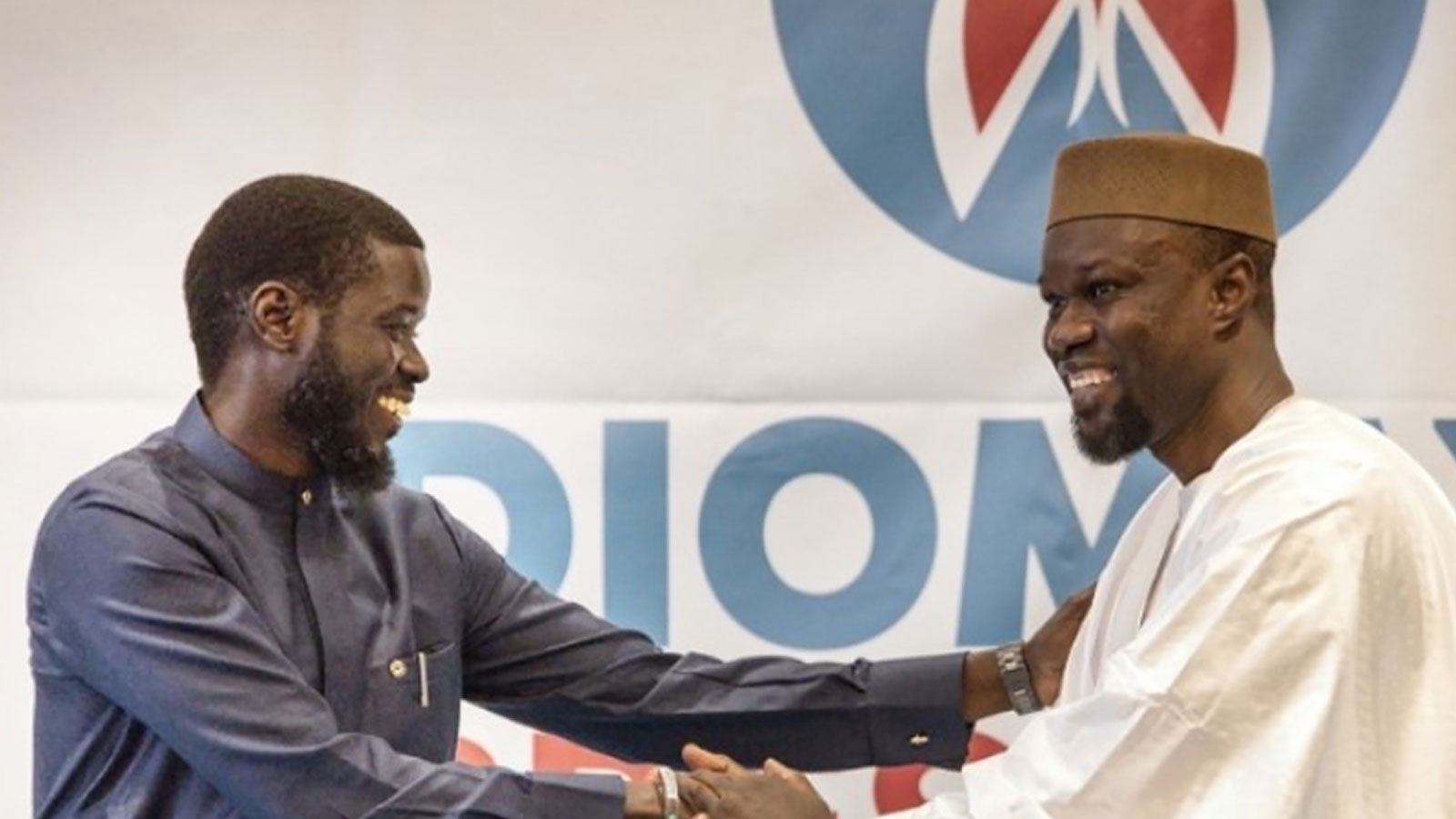The presidential election in Senegal on March 25, 2024, was a Landmark moment in the history of West African politics. A determined youth and a mobilized voting majority displayed uncompromising resilience, successfully uprooting a system characterized by arrogance, intimidation, and violence.
Perhaps the Senegalese have resolved a historical paradox in this part of Africa, where France’s suffocating domination loomed over every presidential election. This influence was previously challenged only by national army generals, a dynamic so entrenched that meaningful change was believed to be impossible. Bassirou Diomaye Faye’s uncompromising victory as the number two leader of the African Patriots of Senegal Party (PASTEF) marks a critical turning point.
Destabilizing Forces in the Sahel
Senegal’s success is not just political in nature. The country is also geographically blessed, sparing it from the military coups plaguing the broader Sahel region. While Mali, Guinea, Burkina Faso, and Niger have fallen victim to a “coup corridor” stretching across the Sahel, Senegal has remained relatively stable.
The Sahel’s instability is deeply rooted; the military regimes forming a “Militaro-Sahelian Complex” suffer greatly from their location. The 2011 NATO intervention in Libya, cooked up in Washington and Paris, unleashed a flow of advanced weaponry into the Sub-Saharan region, empowering non-state armed groups and weakening ill-equipped, demoralized security forces. This, combined with ineffective French-led military operations since 2012, has fueled resentment towards external powers and former colonial actors.
Navigating Change: The Rise of Military Leadership and Regional Reconciliation
 The support for military juntas in countries like Mali and Burkina Faso reflects public fatigue with failed political leadership, not necessarily a rejection of democracy itself. Essentially, these coups have arisen where political elites have run out of ideas and failed to address pressing issues around security, public services, employment, and wealth distribution.
The support for military juntas in countries like Mali and Burkina Faso reflects public fatigue with failed political leadership, not necessarily a rejection of democracy itself. Essentially, these coups have arisen where political elites have run out of ideas and failed to address pressing issues around security, public services, employment, and wealth distribution.
Bassirou Diomaye Faye’s election presents an opportunity for regional reconciliation in this volatile context. Faye was elected on a platform of Pan-Africanism and sovereignty, principles also upheld by the military regimes that have taken power in neighboring countries. On his first trip to the Alliance of Sahel States (AES), the newly formed coalition comprising Mali, Burkina-Faso, and Niger, Faye sought dialogue and reconciliation with the West African Economic Community (ECOWAS), from which these states had distanced themselves.
This departure from the tradition of deferring to France, the former colonial power, underscores Senegal’s aspiration for genuine political independence. The PASTEF has made regional integration a key part of its agenda, vowing to strengthen political partnerships across Africa and the subregion.
A Complex Landscape with the Threat of Russian Influence
The Sahel faces daunting challenges, exacerbated by Russia’s increased influence through its rebranded Africa Corps following the Wagner Group’s dissolution. Russia promises anti-terrorism support in exchange for access to valuable mineral resources, yet tangible results in counter-terrorism are few and far between. Instead, countries like Mali, Burkina Faso, Niger, and the Central African Republic find themselves under the guise of protection but facing increased militarization and economic exploitation. This new phase of Russian engagement, led by the Africa Corps, aims to consolidate Russian control over military, mining, and media narratives, notably through the newly created African Initiative in Moscow. This strategy supports anti-Western sentiments and aims to enhance Russia’s economic grip on the region. Despite operational readiness for significant military actions, the overall strategy raises concerns about the long-term stability and autonomy of the Sahel states.
Senegal’s Crucial Role

Senegal President Faye and the leader of the junta in Mali Assimi Goïta
Swapping Western neocolonialism for Russian military exploitation offers no solution for West Africa’s problems. As Senegal navigates this complex landscape, its role in bridging divides and championing democratic progress could prove crucial for the future stability and prosperity of West Africa.
***
For further reading on regional military dynamics, I recommend the report “Africa Corps, a New Iteration of Russia’s Old Military Presence in Africa” from the Polish Institute for International Affairs (PISM).
Featured image: President Bassirou Diomaye Faye and Prime Minister Ousmane Sonko















